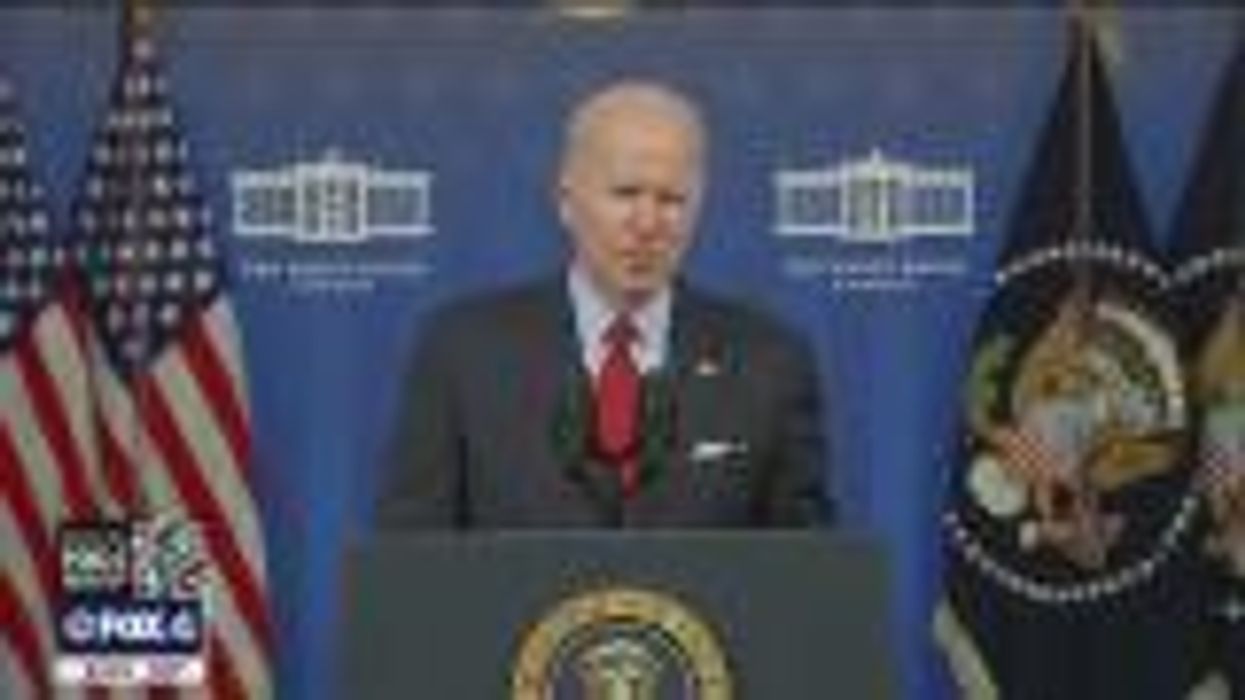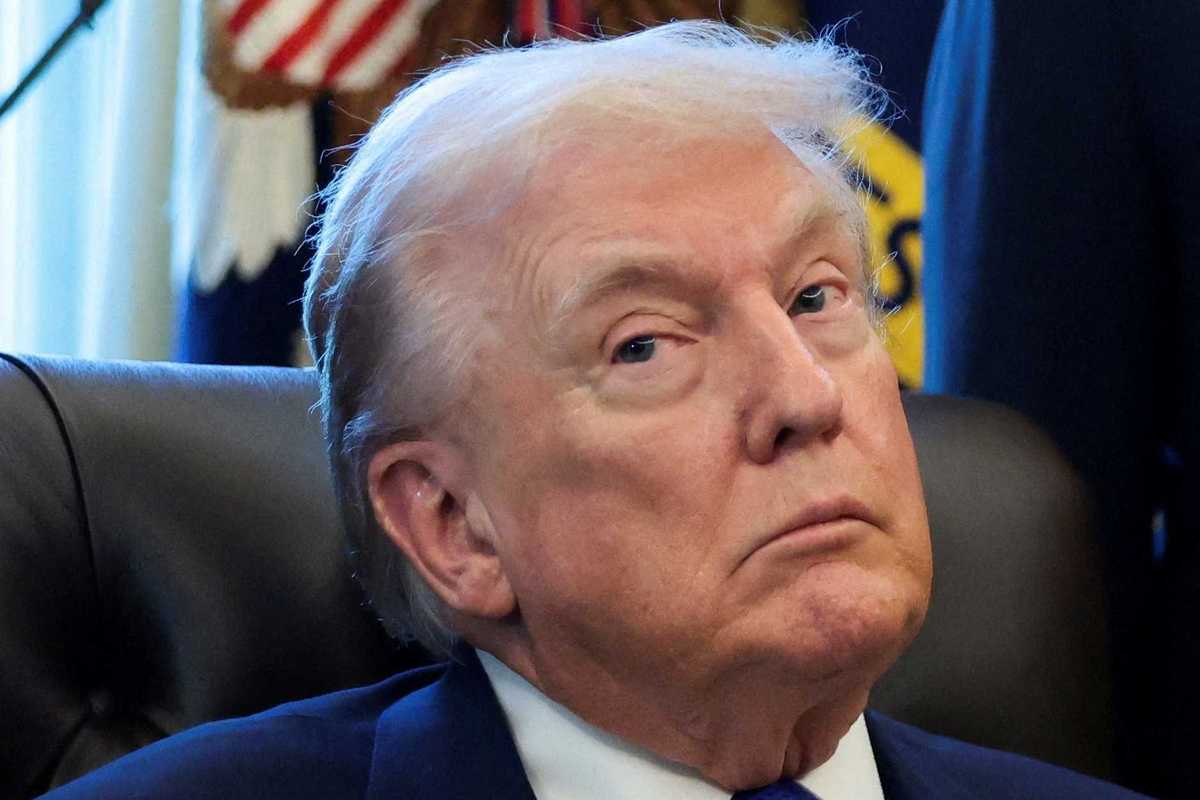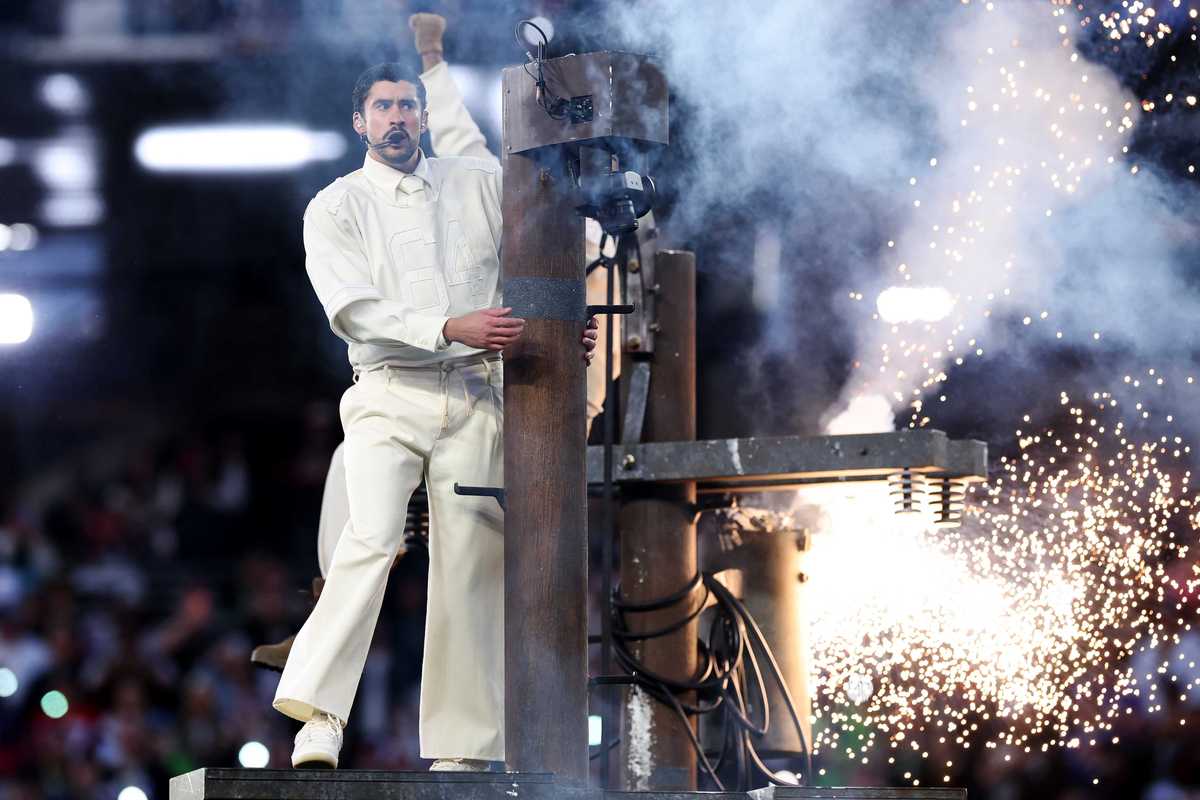Politics
Breanna Robinson
Feb 19, 2022
President Biden aims to do what presidents often can't: Beat inflation
Video
President's Day is on Monday, and is set to honour all the people that have served in office as President throughout history and the present day.
The day also happens to be the birthday of the nation's first President, George Washington.
And over the past 20 years, academic advisors at the American television channel C-SPAN created the survey Presidential Historians Survey for participants to rate each president on a scale of 1 ("not effective") to 10 ("very effective") based on their qualities of presidential leadership.
According to their most recent survey, Abraham Lincoln is ranked number 1 (with a final score of 897), George Washington number 2 (with a final score of 851), and Franklin D. Roosevelt at number 3 (with a final score of 841).
Former President Donald Trump, who has spewed conspiracies that the 2020 election was stolen from him and inciting the January 6 Capitol riots, is ranked number 41 on the list.
But there are two other presidents in history that, believe it or not, are worse than Trump: James Buchanan and Andrew Johnson, who are ranked 44 (with a final score of 227) and 43 (with a final score of 230), respectively.
How exactly were they worse than the former commander-in-chief?
Read on to find out.
Sign up to our new free Indy100 weekly newsletter
James Buchanan
James Buchanan | 60-Second Presidents | PBSwww.youtube.com
The 15th president of the United States is considered to be one of the most inept presidents in American history because he didn't take any action to bring the country together as one surrounding the issue of slavery. He also didn't do anything to prevent the Southern states from succeeding in the build-up to the Civil War.
Before he became president, he had quite an impressive resume. He was a lawyer who served in the Pennsylvania state legislature and both houses of Congress and had roles as ambassador to Russia and Great Britain, including a stint as secretary of state.
Not too long after Buchanan's inauguration, the Supreme Court notoriously ruled that African Americans were not and never had the opportunity to become US citizens in the Dred Scott case.
The federal government couldn't ban slavery in its territories. As stated on History.com, Buchanan allegedly was influential in the outcome of the case and believed the ruling would put the slavery discussion to rest for good.
Andrew Johnson
Andrew Johnson | 60-Second Presidents | PBSwww.youtube.com
As the 17th president and successor after Lincoln's assassination, Johnson made history as the first president to be impeached.
Before he got into the political world, he grew up poor and didn't have a formal education.
He eventually served in the Tennessee legislature and Congress and became governor of Tennessee.
During the Civil War, he was also the only Southern senator to maintain loyalty to the Union.
Before Lincoln's assassination, he formed a plan of reconstruction that would be more lenient toward the South as it rejoined the Union. He also planned to grant a general amnesty to those who pledged their loyalty to the country and obey all federal laws surrounding slavery.
High-ranking Confederate officials and military leaders were excluded from general amnesty.
As stated in Lincoln's plan also noted that a tenth of the voters who had taken part in the 1860 election agreed to the oath within a particular state, and then said state could create a new government and begin sending representatives to Congress.
Johnson was keen to carry out this plan when he became president. But for the Radical Republicans in Congress who wanted to set up more military governments and hard-line terms for succeeded states for readmission. But no side was eager to compromise, which caused a clash.
The political backing to proceed with the impeachment of Johnson came as a result of him breaching the Tenure of Office Act by removing Edwin Stanton, the Secretary of War, from the cabinet.
The Tenure of Office Act passed over Johnson's veto in 1867 and stated that a president couldn't dismiss appointed officials without receiving consent from Congress.
The House of Representatives impeached Johnson in February 1868, and the Senate tried the case in a trial that lasted from March to May that same year.
Ultimately, the Senate voted to absolve President Andrew Johnson by a margin of 35 guilty to 19 not guilty. It was one vote short of the two-thirds needed to actually convict him.
Flash forward to 1926 - the Supreme Court officially declared that the Tenure of Office Act had been unconstitutional.
Have your say in our news democracy. Click the upvote icon at the top of the page to help raise this article through the indy100 rankings.
Top 100
The Conversation (0)














